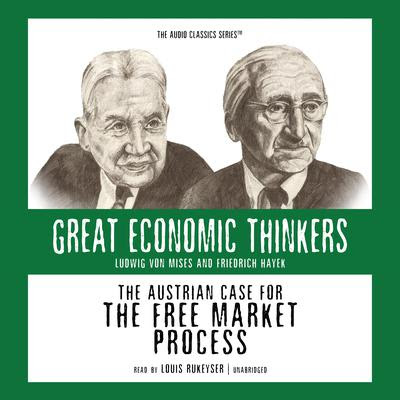“An act to provide for an exchange of lands with the Indians residing in any of the states or territories, and for their removal west of the river Mississippi … ”
– Full title of the “Indian Removal Act of 1830,” as passed by the United States Congress
This television history of Native Americans is more cultural anthropology than history
This television history of Native Americans seems to be more cultural anthropology than history. In part, this is because they are focused primarily on pre-Columbian history (or history before Columbus). This may explain why they don’t rely much on written records, whose availability for this period is somewhat limited – although I should acknowledge that some examples of it do exist here. History is defined more as the study of written records from the past, whereas archeology is more about the study of physical objects from the past. There is some overlap between these things, but there are also some significant differences. By this traditional distinction, there isn’t much history in this documentary, although there is much archeology in it. More to the point, there is also a lot of cultural anthropology in it. This seems to be one of the weaknesses of this documentary. I tend to be a little skeptical of cultural anthropology in general. (Although I tend to be more supportive of physical anthropology, which I see as quite different.) Cultural anthropology has some interesting things to say, but it would seem to be more humanities than social science, and makes a lot of assumptions that are hard to support scientifically. These assumptions underlie much of the discussion in this documentary.










